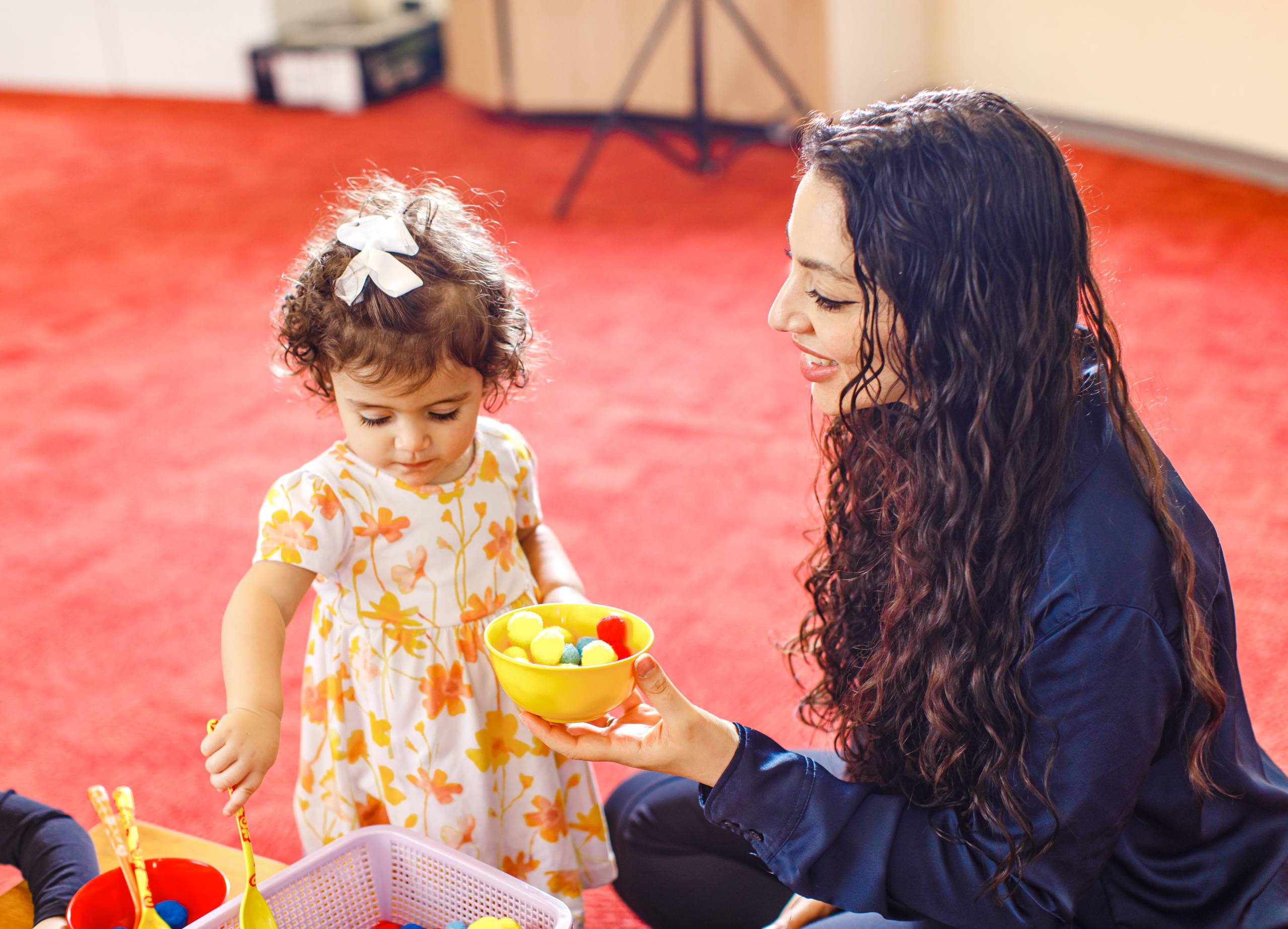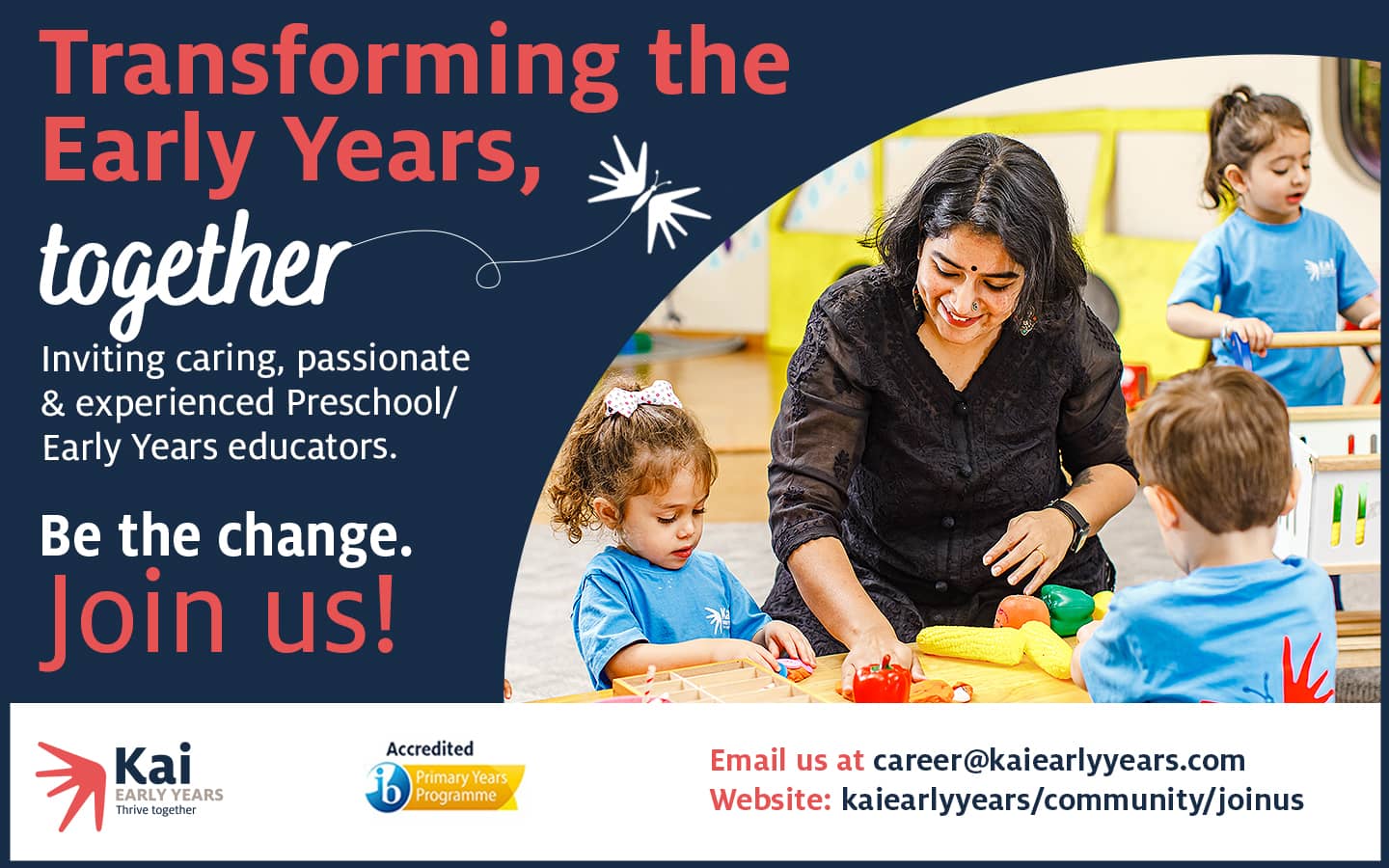The Power of Play: Benefits and Ideas for Play-based Learning
Introduction: When a parent Google searches for an ‘International Preschool near me’ one is happy to see that most international schools encourage play. Play is an essential aspect of a child’s development that goes beyond mere entertainment. It plays a crucial role in nurturing a child’s brain, body, and social skills. From infancy to early childhood, playtime provides numerous benefits, fostering healthy growth and cognitive abilities. Top Preschools in Whitefield Bangalore follow play-based learning and we can explore the importance of providing the same at home.
The Benefits of Play:
Building Social Bonds and Skills: Playtime with parents and peers is vital for children to develop strong social bonds. Research shows that engaging in play enhances a child’s ability to interact, collaborate, and regulate emotions. By playing with others, children learn teamwork, communication, and problem-solving skills, which are essential in today’s world. It is through play that they learn to navigate social situations and develop empathy and understanding.
Cognitive Development: Play-based learning stimulates a child’s cognitive abilities, including language, math, and critical thinking skills. Whether it’s building blocks, puzzles, or shape sorters, these simple yet effective play activities support a child’s creativity and understanding of the world. By encouraging imaginative play based on stories and songs, children develop their storytelling skills and expand their imaginations.
Physical Development: Playtime contributes to a child’s physical development by encouraging various movements and motor skills. Activities like crawling, jumping, climbing, and dancing promote coordination, balance, and overall physical fitness. Additionally, playing outdoors and experiencing different sensory stimuli, such as feeling grass or catching bubbles, enhance a child’s sensory awareness and exploration.
Play-based Learning Ideas for Different Age Groups:
Birth to 6 months old:
⦁ Engage in smiling interactions with your baby, teaching them social-emotional skills.
⦁ Imitate your baby’s sounds to initiate a “conversation” and develop early language skills.
⦁ Introduce colorful toys and objects, allowing them to explore new textures and sensations.
⦁ Provide supervised tummy time to promote different perspectives and visual stimulation.
7 to 12 months old:
⦁ Create a safe environment for crawling and exploration.
⦁ Encourage cause-and-effect learning by placing toys within reach and letting them play with objects.
⦁ Use a mirror to show your baby different facial expressions, promoting self-awareness.
⦁ Play peek-a-boo to reinforce object permanence.
⦁ Provide sensory experiences through outdoor play or bubbles.
1 to 3 years old:
⦁ Choose preschools that prioritize unstructured playtime, fostering a child’s curiosity and self-led learning.
⦁ Allow your child to play with simple objects like blocks, containers, and puzzles to promote creativity and problem-solving skills.
⦁ Facilitate peer interactions through parent-supervised playdates.
⦁ Encourage physical movements and make-believe play.
⦁ Read regularly to your child and engage in pretend play based on the stories.
⦁ Sing songs, play rhythms, and introduce age-appropriate games.
4 to 6 years old:
⦁ Engage your child in activities like singing, dancing, and drawing to support cognitive and social- emotional development.
⦁ Tell stories and encourage recall and imagination.
⦁ Provide opportunities for unstructured imaginative play with dress-up clothes and props.
⦁ Encourage a balance between make-believe and real-world activities.
⦁ Promote socializing and building friendships through playdates and cooperative play.
⦁ Support a variety of physical movements in a safe environment.
⦁ Create a family media plan to balance screen time with real-time social interactions and play.
Play is a powerful tool that supports a child’s development across various domains. By embracing play-based learning at home, parents can nurture their child’s cognitive, social, and physical abilities. Whether it’s engaging in imaginative play, reading stories, or encouraging physical movements, playtime offers invaluable opportunities for growth. When it comes to choosing the right preschool, such as the top preschools in Whitefield Bangalore, or an international preschool nearby, parents should ensure their child’s early education is centered around playful learning. Preschools that encourage unstructured playtime and follow a child-led approach foster creativity, critical thinking, and social skills.
Embrace the power of play and watch your child thrive!

